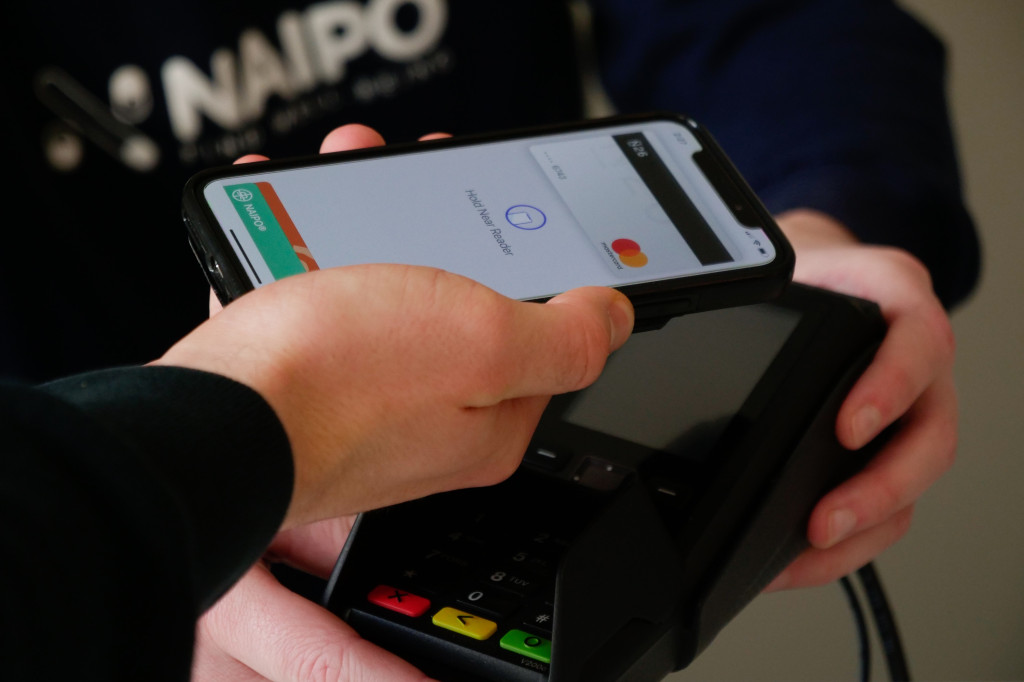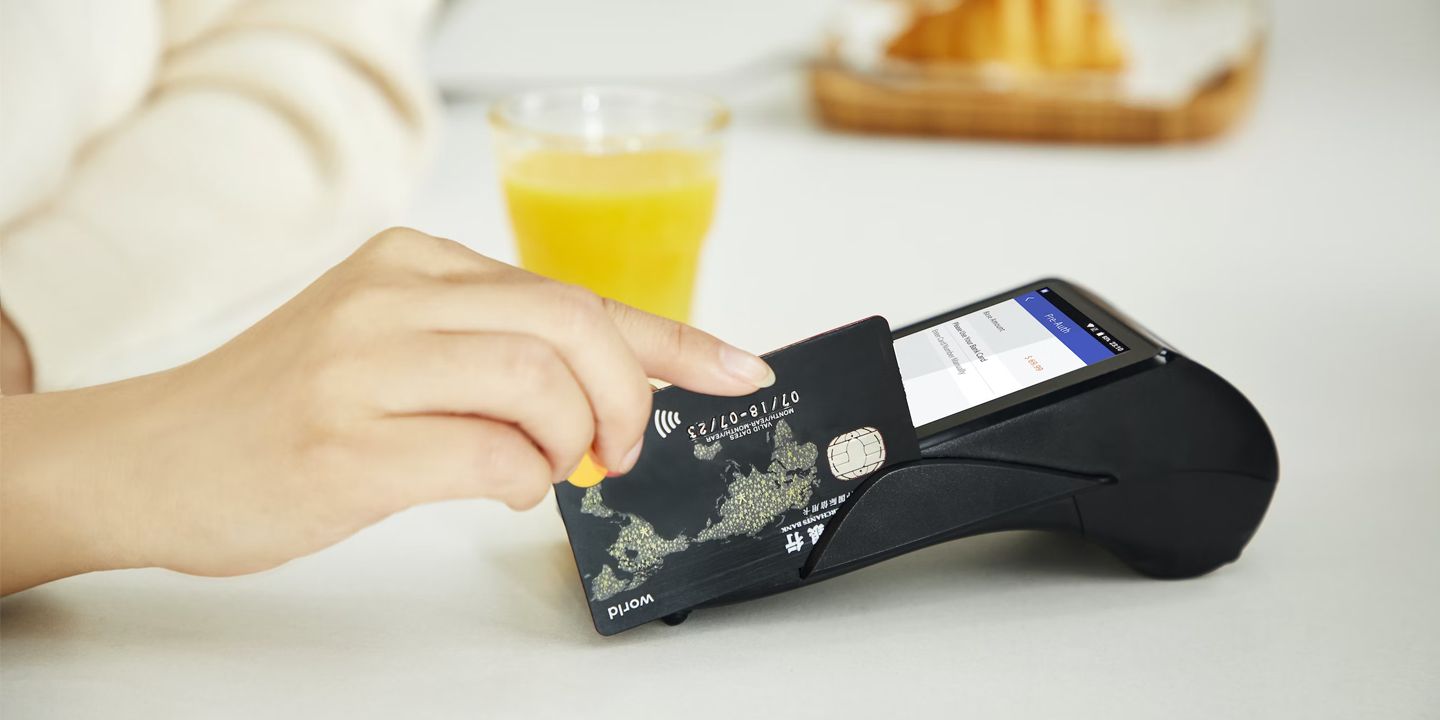The Key Factors to Keep in Mind When Applying for a Credit Card
The world of credit cards can seem like a labyrinth filled with high-interest rates, rewards programs, hidden charges, and confusing fine print. Whether you're a young adult setting off on your financial journey or someone looking to switch cards, choosing the right credit card is essential. It can impact your credit score, debt levels, and lifestyle. But where do you start when you're looking to apply for a credit card? We've compiled a comprehensive list of 19 crucial factors you should consider before picking the card that’s just right for you.
1. Understand Your Spending Habits
Understanding your spending habits is crucial when choosing a credit card. Your card should match your lifestyle. For instance, if you travel frequently, you might benefit from a card that offers travel rewards. Similarly, if you shop at a certain chain frequently, a card that offers rewards or cashback on those purchases could be beneficial. Make sure to look for cards that reward you for how you spend.
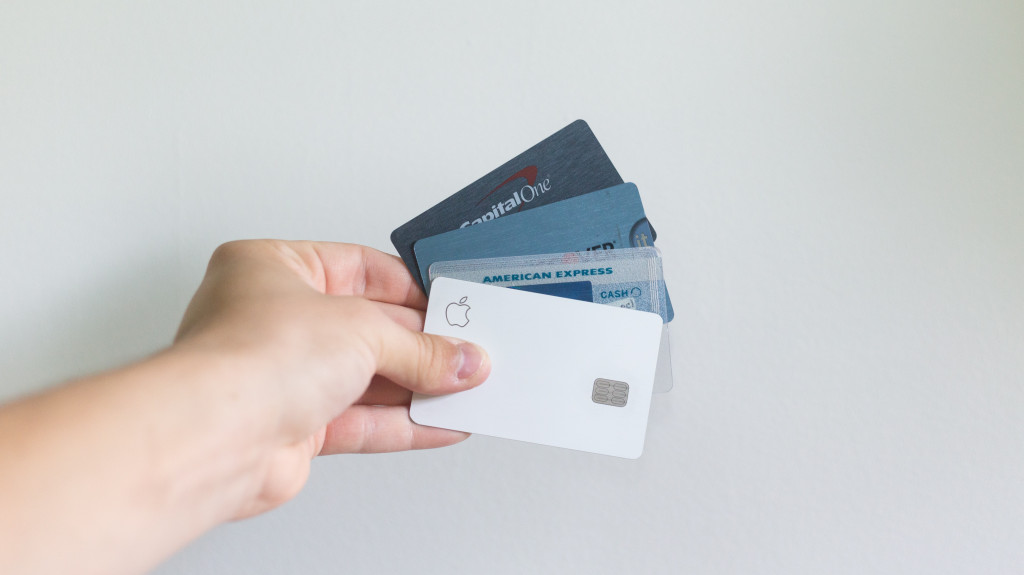 Photo by Avery Evans on Unsplash
Photo by Avery Evans on Unsplash
2. Evaluate Interest Rates
Interest rates, or the annual percentage rate (APR), is what the credit card company charges you for borrowing money. Cards with lower APRs are generally better, especially if you often carry a balance from month to month. Remember that some cards offer low introductory rates that can skyrocket later, so be sure to read the fine print. The best way to avoid paying high interest, is to make sure your credit card is balance-free every month.
 Photo by rupixen.com on Unsplash
Photo by rupixen.com on Unsplash
3. Consider the Credit Limit
Your credit limit is the maximum amount your credit card company allows you to borrow. If you anticipate needing a high credit limit, look for cards that can offer this. But be aware that a high credit limit can be a double-edged sword; while it offers more flexibility, it can also lead to high levels of debt if not managed carefully. But again, the levels of debt shouldn't be an issue if you remember to pay off the balance each month.
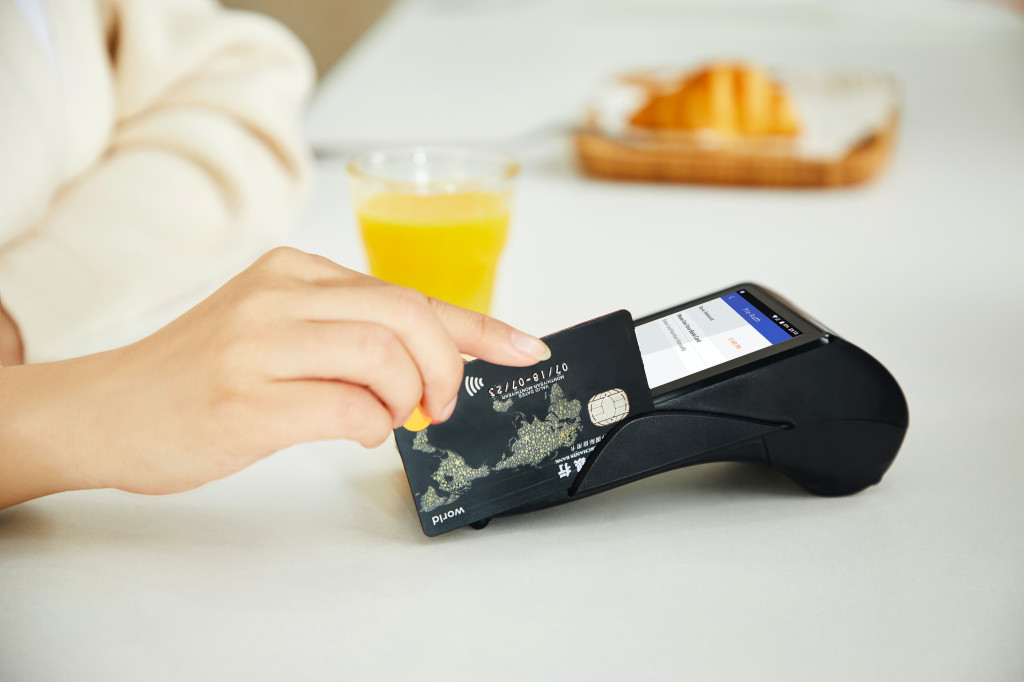 Photo by Mark OFlynn on Unsplash
Photo by Mark OFlynn on Unsplash
4. Weigh the Annual Fees
Some cards charge an annual fee for the privilege of using them. If the rewards and benefits outweigh the annual fee, this could be a good option. However, there are plenty of great credit cards available that do not charge an annual fee. Do your research to see if the fee is worth it.
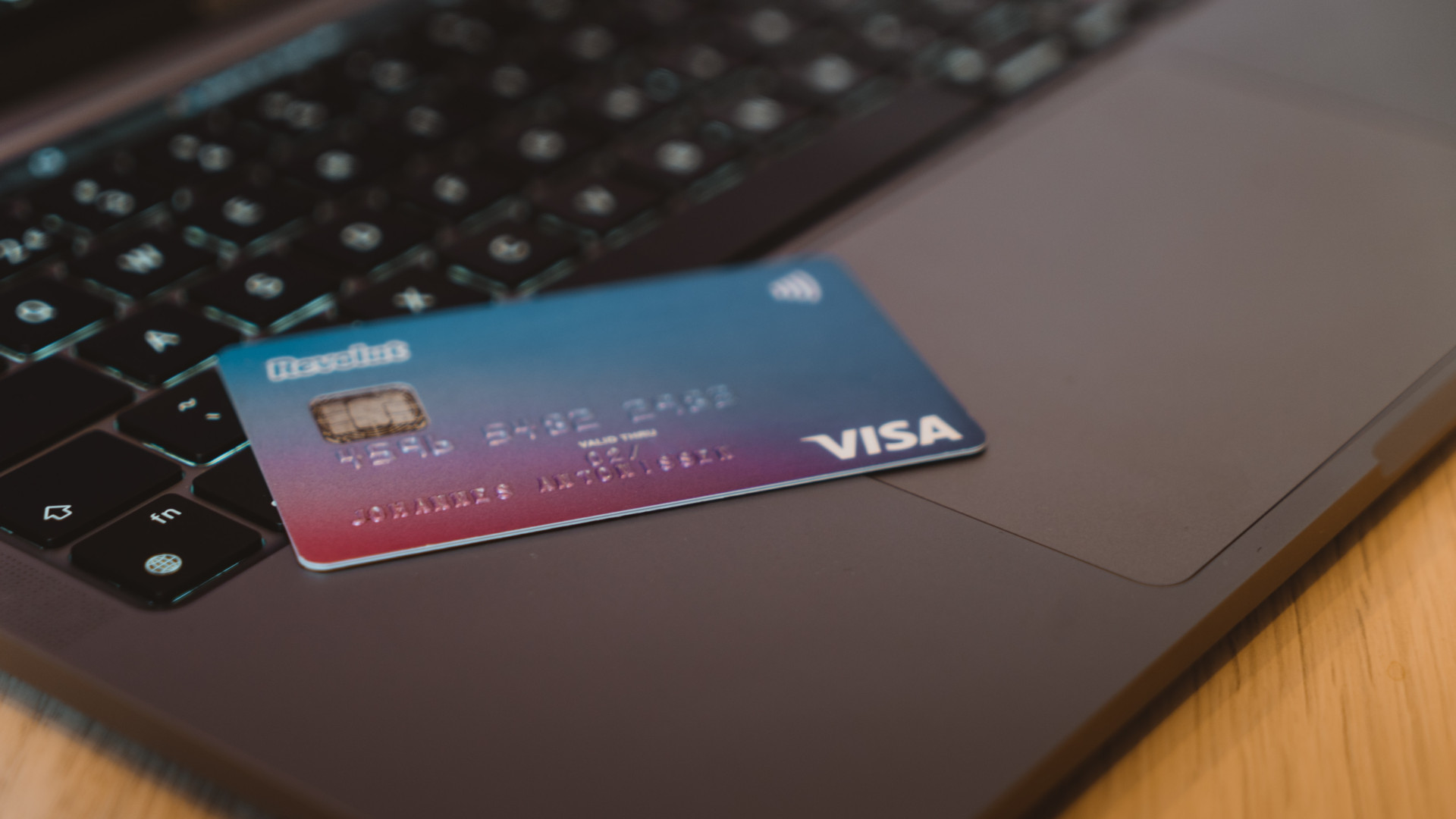 Photo by CardMapr.nl on Unsplash
Photo by CardMapr.nl on Unsplash
5. Examine Reward Programs
Reward programs can offer great incentives such as travel miles, cash back, or points for purchases. If you're a frequent spender in certain categories, like groceries or gas, look for a card that offers extra rewards for those purchases. But keep in mind, these cards often have higher interest rates, so they are best suited for people who pay their balance in full each month.
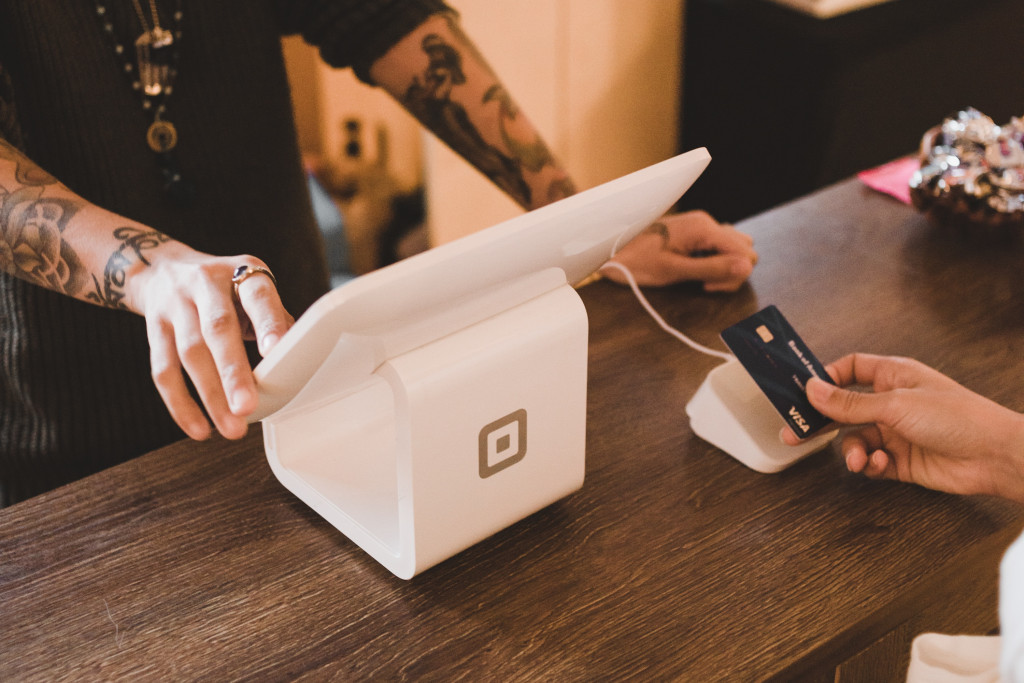 Photo by Clay Banks on Unsplash
Photo by Clay Banks on Unsplash
6. Look at Balance Transfer Options
If you're considering transferring a balance from another card, pay attention to balance transfer fees and interest rates. Some cards offer promotional rates on balance transfers, which can help you save on interest and pay down your debt faster. But again, always read the fine print.
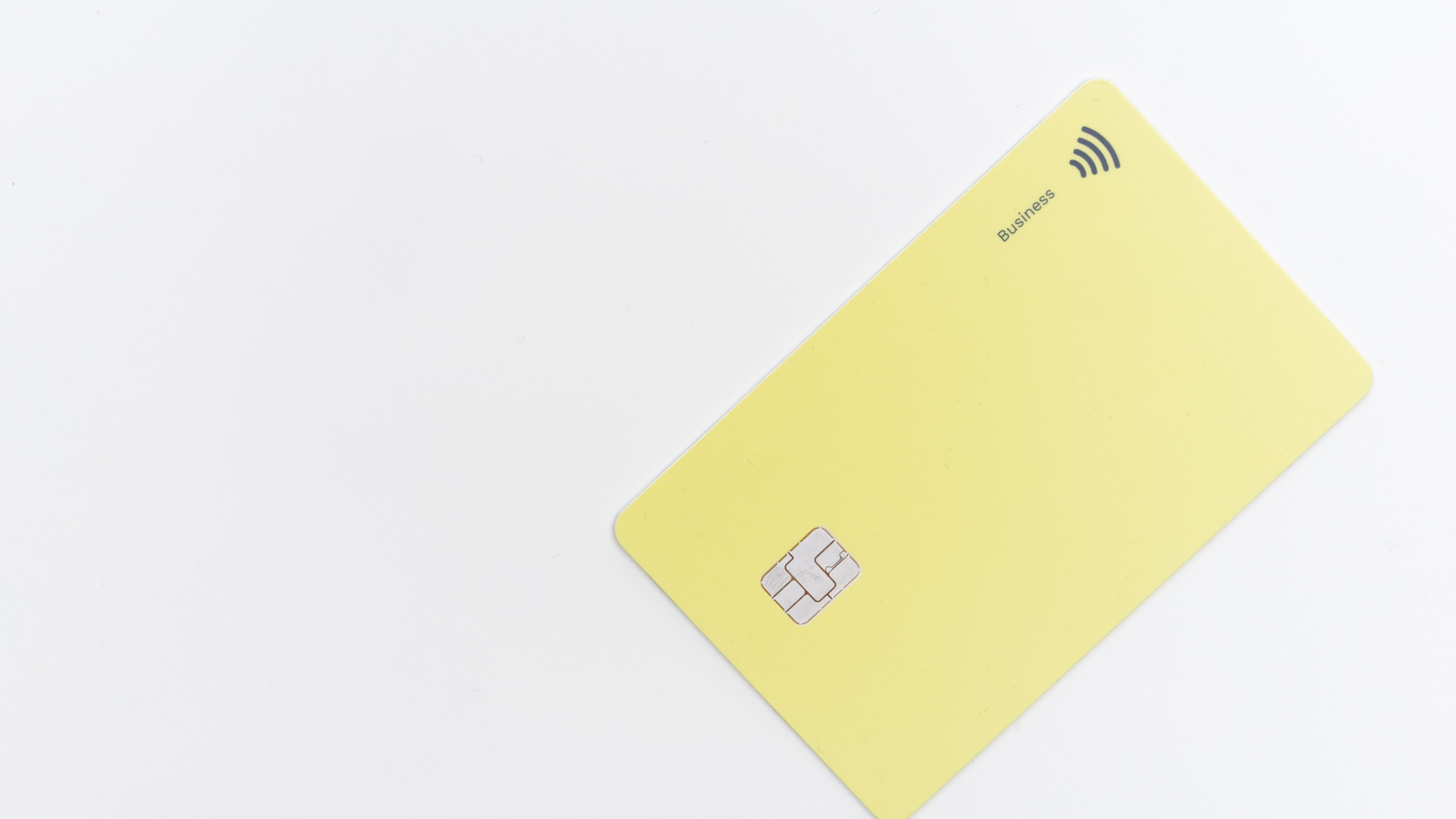 Photo by Markus Winkler on Unsplash
Photo by Markus Winkler on Unsplash
7. Cash Advance Features
A cash advance is when you use your credit card to withdraw cash. While it might seem like a handy feature in emergencies, remember that cash advances often have high fees and interest rates, and interest accrues from the day of the transaction. Evaluate if you really need this feature and understand the costs associated with it.
8. Foreign Transaction Fees
If you often travel abroad or make purchases in foreign currencies, consider the foreign transaction fees. Some cards charge a percentage of each transaction made outside your home country, while others offer no foreign transaction fees. Choose wisely based on your needs. You can avoid all transaction fees by paying for your purchases in cash while you're abroad. Banks and currency exchange stores will exchange U.S. dollars for most major currencies, and you can do this before you leave.
 Image by Alina Kuptsova from Pixabay
Image by Alina Kuptsova from Pixabay
9. Review the Penalty Charges
Mistakes happen—we might miss a payment or go over our credit limit. When such situations occur, know what penalty charges you might face. Some cards offer forgiveness for the first late payment, while others have steep fees. Knowing these details can help you avoid costly mistakes.
 Image by StockSnap from Pixabay
Image by StockSnap from Pixabay
10. Check the Grace Period
The grace period is the time you have to pay your balance in full without incurring interest. Not all cards offer the same grace period, with some offering up to 30 days. The longer the grace period, the more time you have to pay off your balance and avoid interest charges. It's important to know any dates so that you can keep track of your payments and they're due.
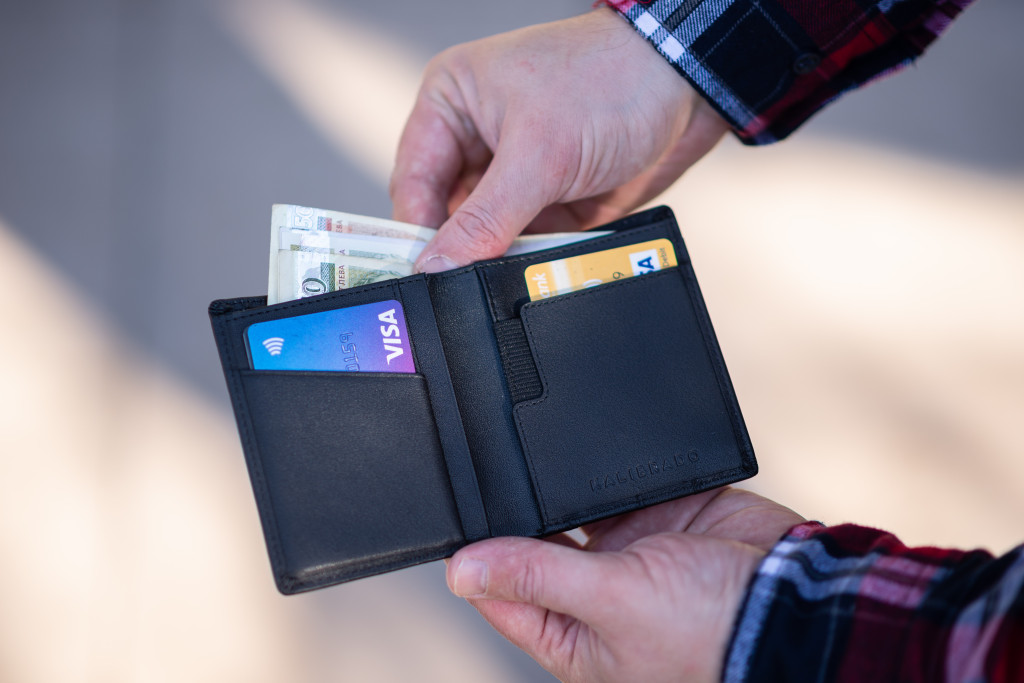 Photo by Emil Kalibradov on Unsplash
Photo by Emil Kalibradov on Unsplash
11. Customer Service
Quality customer service is essential. Look for a credit card issuer with a strong reputation for customer service, whether it's through 24/7 customer support, online chat services, or helpful mobile apps. Great customer service can make dealing with issues or questions much less stressful. It's also important to work with a company that puts your needs first, so that dealing with issues will be easier.
 Photo by Emil Kalibradov on Unsplash
Photo by Emil Kalibradov on Unsplash
12. Consider the Card’s Acceptance
While most merchants accept a variety of cards, not all cards are accepted everywhere. Make sure the credit card you choose is widely accepted, especially if you travel frequently. Cards like Visa and Mastercard have wide acceptance, while others like Discover and American Express might be less so.
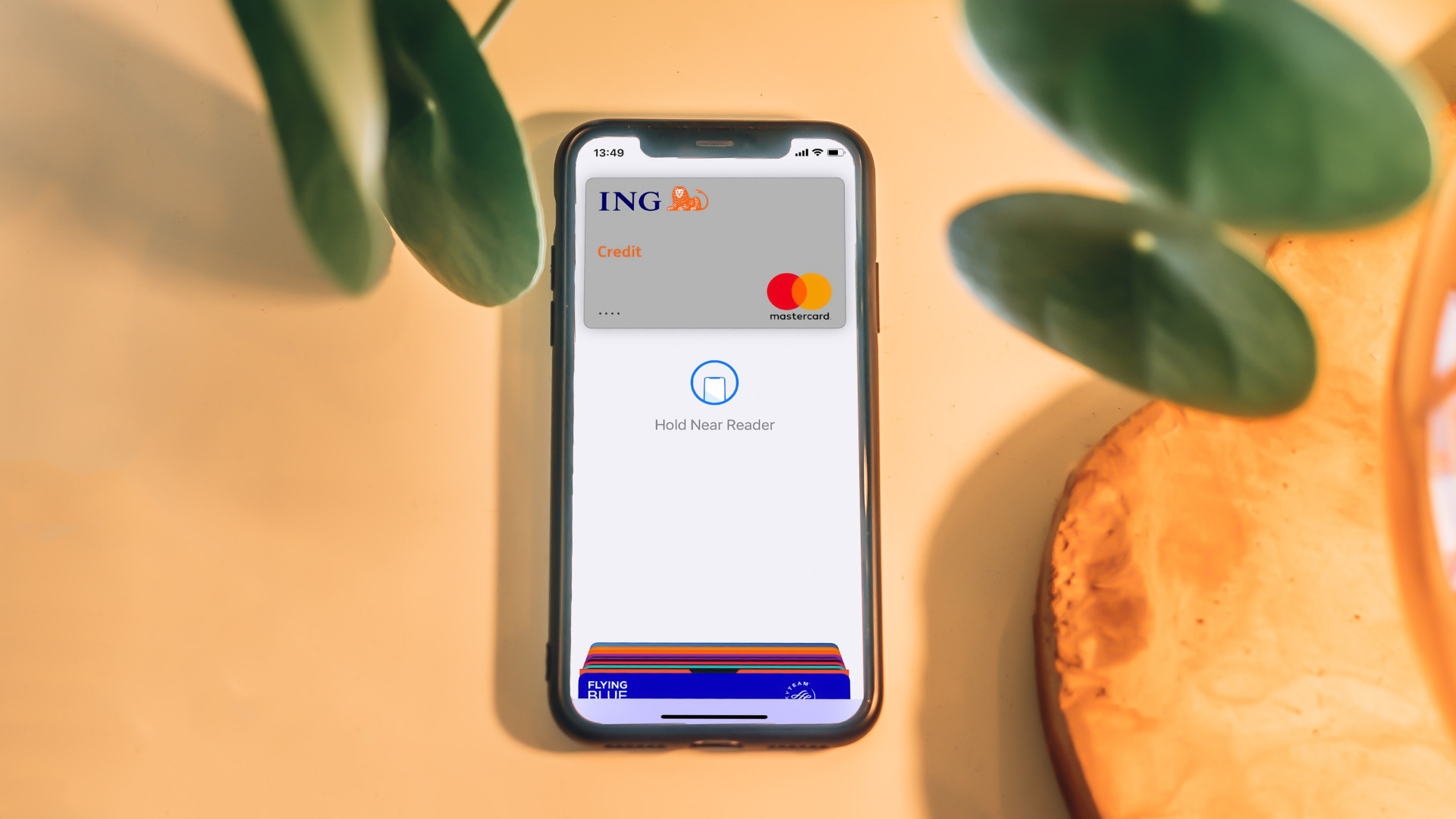 Photo by CardMapr.nl on Unsplash
Photo by CardMapr.nl on Unsplash
13. Sign-Up Bonuses
Some credit cards offer sign-up bonuses if you spend a certain amount in the first few months. These bonuses can be a nice perk, but don't let them entice you into spending more than you can afford. Also, ensure that aside from the bonus, the card meets your other needs and preferences. It's best to read the fine print so that you don't end up biting off more than you can chew.
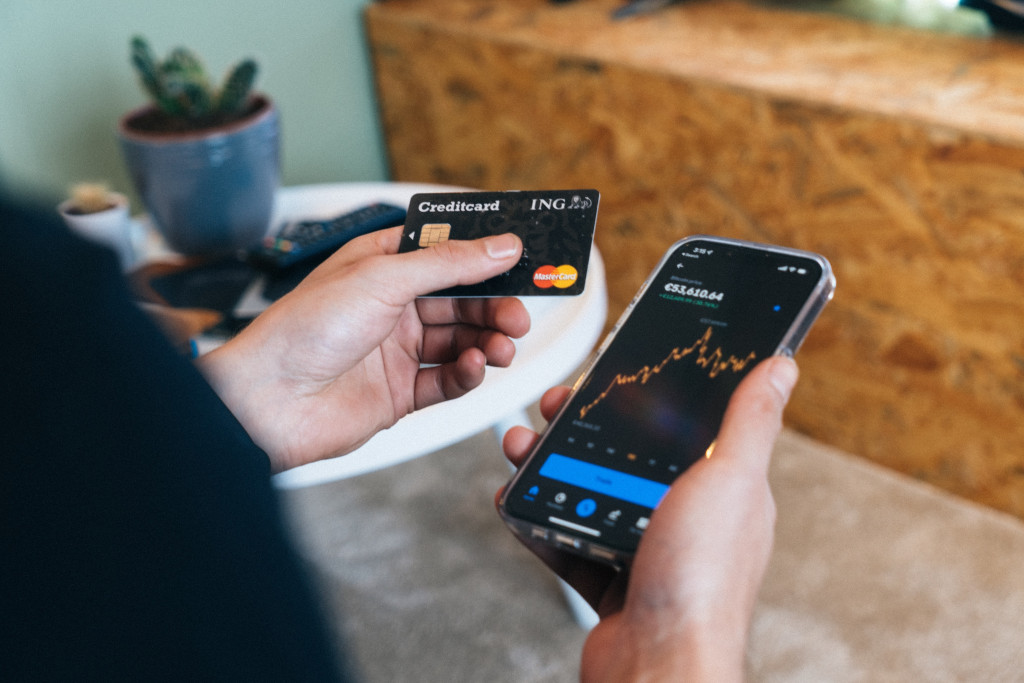 Photo by CardMapr.nl on Unsplash
Photo by CardMapr.nl on Unsplash
14. Security Features
In the digital age, security is paramount. Look for cards that offer strong security features, such as fraud alerts, zero liability on unauthorized purchases, and virtual card numbers for online shopping. These features can provide peace of mind and protect your financial information. In today's digital age, it's very easy for your information to get stolen. It's important to protect your personal financial information.
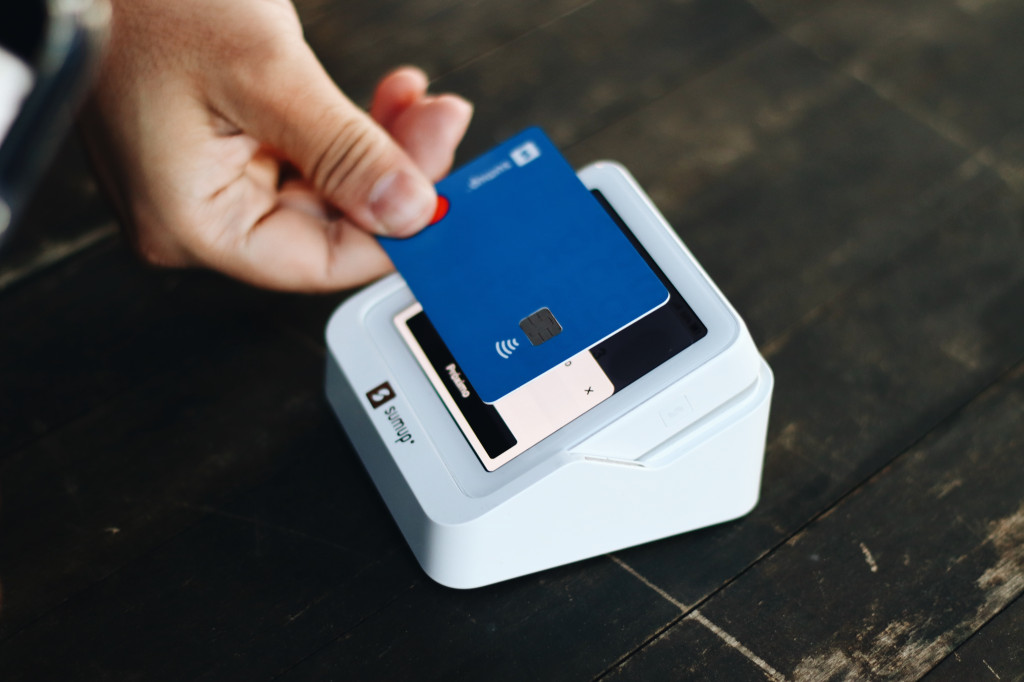 Photo by Nathana Rebouças on Unsplash
Photo by Nathana Rebouças on Unsplash
15. Credit Building Features
If you're new to credit or looking to rebuild your score, consider a card that reports to the three major credit bureaus and offers features like credit score tracking. Some cards are specifically designed to help build credit and can be a good starting point if you're in this situation. Building good credit is important, especially for future purchases like a house or a car, so it's important that your credit card allows you to maintain a good credit score.
 Photo by Tierra Mallorca on Unsplash
Photo by Tierra Mallorca on Unsplash
16. Check the Fine Print
The details are in the fine print, and it's crucial to understand the terms and conditions before you apply. Look for details about fees, penalty rates, how rewards are earned and redeemed, and any limitations or exclusions. While you don't necessarily need to worry about all of it, it's important that you're aware and you're not ignoring it completely. Knowing all the little details can only help you in the long run, so you don't get stuck paying fees you didn't know about when you signed up.
17. Card Type
From standard to secured, student to business, there are several types of credit cards. Understanding the differences can help you find the card that's right for your needs and circumstances. Most credit cards offer different types of perks, or annual fees. So it's important to go through each one and figure out which one would be best for you.
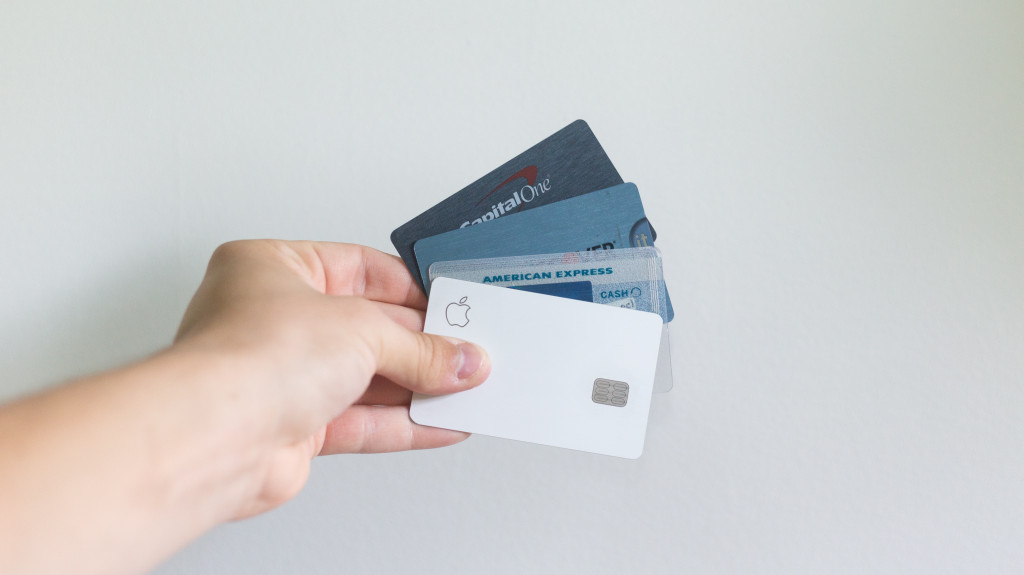 Photo by Avery Evans on Unsplash
Photo by Avery Evans on Unsplash
18. Affinity Partnerships
Some credit cards are co-branded with airlines, hotels, or retailers and offer special perks or rewards with those partners. If you're loyal to a certain brand, this type of card might offer additional value. It also depends on what you find more valuable. If you're a frequent flyer, then maybe a card that offers airline points would be beneficial. If you find yourself frequently grocery shopping, maybe a card that offers cash back on groceries would be better for you.
 Image by Republica from Pixabay
Image by Republica from Pixabay
19. Issuer Reputation
Finally, consider the reputation of the credit card issuer. Look at online reviews and talk to other cardholders. It's important to choose a company that treats its customers well and has a good track record of reliability and fairness. Reputation is everything, so make sure that you're putting your trust in a company that has a good one.
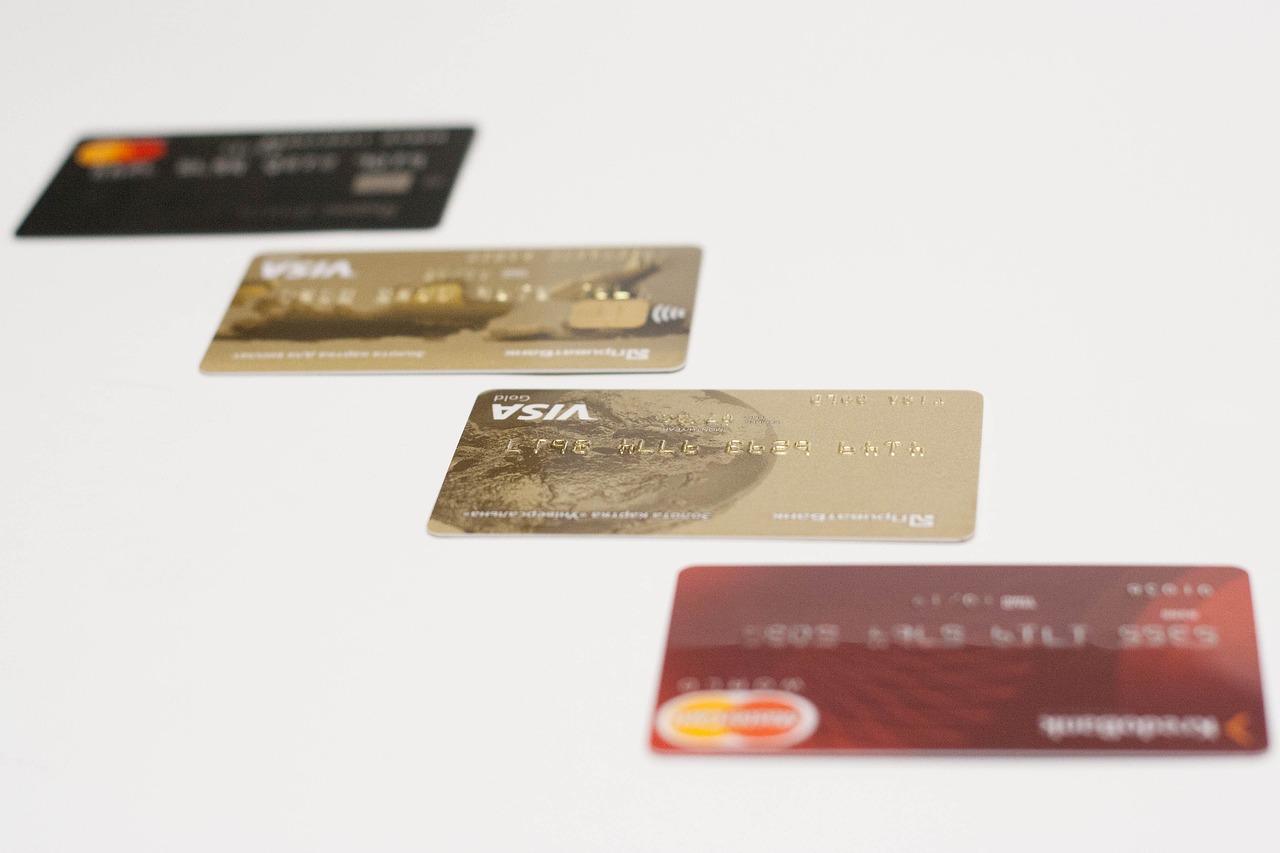 Image by Roman Ivanyshyn from Pixabay
Image by Roman Ivanyshyn from Pixabay
Remember, the best credit card for you depends on your individual needs, habits, and financial goals. By taking the time to consider these factors, you can find a credit card that is not just a spending tool, but a stepping stone towards better financial health.


